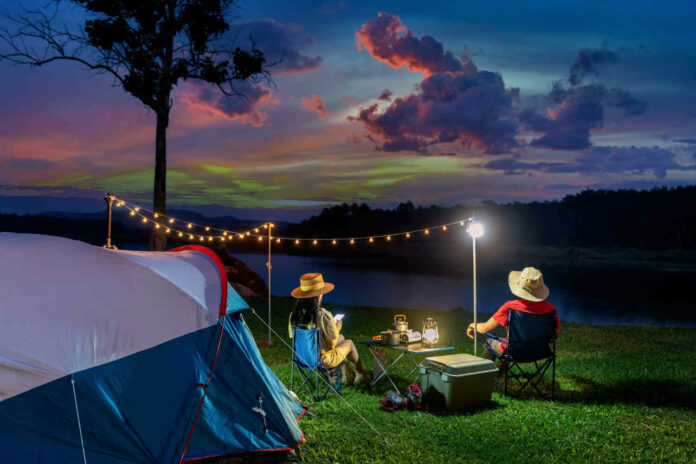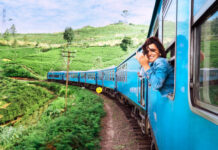Even with a proper shelter and sleeping arrangement, sleeping comfortably in a low-quality campground is tough. Camping alleviates stress; in today’s hectic city life, all it takes is a day in nature to clear our thoughts of any tension or anxiety we may be carrying. Nature’s tranquillity assists us in calming our thoughts. This article includes a ten-rule list to assist you in choosing the ideal camping location.
1. Locate a level area
This seems to be a simple one—until you forget to do it. Finding a level place and arranging oneself optimally inside the tent can help you avoid chronic headache from blood rushing to your brain all night. Additionally, it prevents you from rolling over your tent companion, who may never want to be your tent mate again. Additionally, while you’re inspecting, keep an eye out for rocks and roots.
2. Ranger Posts
Contact the ranger station before your trip is an excellent method to get up-to-date information – it’s far preferable to learn about closures or limitations before embarking on your journey. Rangers are very informed about their district and are always willing to offer more information on the area you want to camp. Find the most suitable sites for camping in Pennsylvania.
3. The climate
Check the weather forecast and prepare yourself and your gear for any weather. This is not to say that you should carry your three-layer winter clothing on a July vacation to the desert, but packing your tent’s rain cover is usually a smart idea.
4. Geographical location
While selecting a campsite is critical, the actual location is much more critical. Most campground websites will provide an online map; peruse this to ensure that the last accessible spot is not available for a reason.
5. Examine the Terrain
Before erecting your tent, inspect the surrounding area to ensure it is conducive to a restful night’s sleep. Locate places where water flows during the rainy season. You’ll want to establish your camp at an elevated location in case of rainstorms, so you don’t wake up in a pool of water.
6. Avoid insects
Most camping locations will have at least one kind of annoying biting bug. Fortunately, you can take some preventive measures. If you’re in an area notorious for bugs, pick a campground that is furthest away from standing water that breeds mosquitoes. Additionally, you may have to choose between being more exposed and dealing with the wind or staying in the woods and battling the pests. One possibility is to cook and dine in a more windy location and save the bug-infested, sheltered areas for when you’re
7. Protection from the wind
Seek locations with big trees, boulders, or other natural obstacles that may shield your site from strong winds. Howling winds are certain to keep you awake at night.
8. Sunspot
To begin your day on a positive note, pitch your tent where the morning light will awaken you. You may regret this briefly when the sun rises, but if you want to spend a whole day exploring, the sun is the greatest wake-up clock. If you’ve scheduled your day more slowly, set it up in a shady location, and you’ll have no trouble while sleeping. If there is no natural shade, erect a tarp or bring a camping awning.
9. Recreational areas
When travelling with children, the ideal campground offers plenty of possibilities for playing, climbing, and fishing. Leave the traditional games and activities at home and go for a campground with rocks or fallen logs for climbing and exploring—bonus points for locations next to streams, lakes, or ponds.
10. Keep your distance from the smell
True, staying near an outhouse at a campsite may be handy if you consume an excessive amount of water before night. However, those near areas are often the most repulsive—likewise, dumpsters. When you arrive, check the location of the restrooms and trash cans, and position yourself far enough away so you won’t wake up in the night with an odor in your nostrils that won’t go away.
A great campground is necessary for a restful night’s sleep. Therefore it’s important to be thoughtful and picky about where you sleep. Camping offers some of the greatest chances for photographing and displaying your amazing activities. A breathtaking scenery, delectable cuisine, wonderful people, and wild experiences














